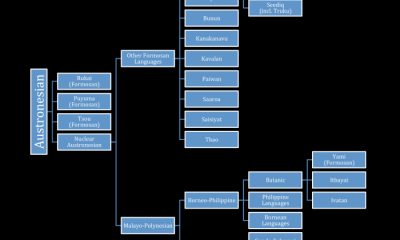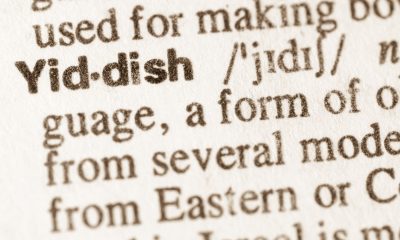NHK, Japan’s national broadcaster is facing a lawsuit from a disgruntled 71-year old television viewer. Hoji Takahashi sued NHK for excessive use of words borrowed from the English language causing emotional and mental distress. Takahashi said that NHK programming uses too many loan words that make their programs unintelligible. The Japanese pensioner is suing the company for 1.41 million Yen ($14,000).
NHK has not given a comment yet and said that it would only do so after the legal documents have been fully reviewed.
Irresponsible
Takahashi, who resides in Gifu Prefecture, stated that the public broadcaster NHK relied too much on foreign words when they should have been using traditional counterparts in their own language. The lawsuit was filed with the Nagoya district court in the Central Chubu region. The complainant decided on the legal action mainly because NHK ignored its responsibility to make use of Japanese alternatives in its broadcasts.
Hoji Takahashi is a member a campaign group that supports Nihongo called the Treat Japanese as Important Association or “Nihongo wo taisetsu ni suru kai.”
Unintelligible programming
Aside from the high frequency of loan words during news broadcasts and entertainment programs, Takahashi also cited the use of foreign words and phrases in program titles. The following examples were cited: Sutajio Paaku Kara Konnichiwa (Hello from Studio Park) and BS Kosheruju (BS Concierge). Takahashi’s lawyer said that the complainant stands by the belief that NHK, the national broadcaster of Japan, should not go with the trend and instead prioritize the use of the Japanese language as one way of preserving and promoting Japanese culture.
Mutsuo Miyata, Takahashi’s lawyer also said that Takahashi feels there is a “sense of crisis” that Japan is becoming a province of the United States.
No to loan words
The usage of loan words from English started in post-war Japan during the American occupation. The ever-growing interest in American culture led to the popular use of loan words from English in day-to-day life in the country as it recovered from the war.
For Takahashi, the preferential use of loan words in television today suggests that Japan “is being too Americanized, according to his lawyer, Mutsuo Miyata. Takahashi exclaimed in an interview that his generation has trouble understanding loan words such as “risuku” (risk), “konpuriansu” (compliance), “shisutemu” (system), “toraburu” (trouble), and “koraboreeshon” (collaboration).
A tradition of borrowing
The Japanese language has a rich vocabulary. But it has been tradition among the Japanese to borrow words from other cultures. Modern Japanese vocabulary is rife with borrowed words that are modified to suit the phonic structure of Nihongo. Loan words are often modified in a very inventive manner however, it happens quite often that their meaning changes. Other loan words from the English language in popular use especially among the young in Japan are “terebi” (TV), “rajio” (radio), “dejitaru” (digital), and asurito (athlete), and “taoru” (towel).
English is not the only language that Japan borrowed from, though majority of the loan words used in Japan today come from English. The Japanese also took words from German, French and Spanish. The phonic structure of Nihongo, wherein sounds are typically made up of a consonant and a vowel, often led to word modifications that are unintelligible, incomprehensible, and often difficult to pronounce for native speakers of the language that they originally came from.
Photo Credit: Logo of NHK Educational TV















Facebook
Twitter
Pinterest
Google+
LinkedIn
Email